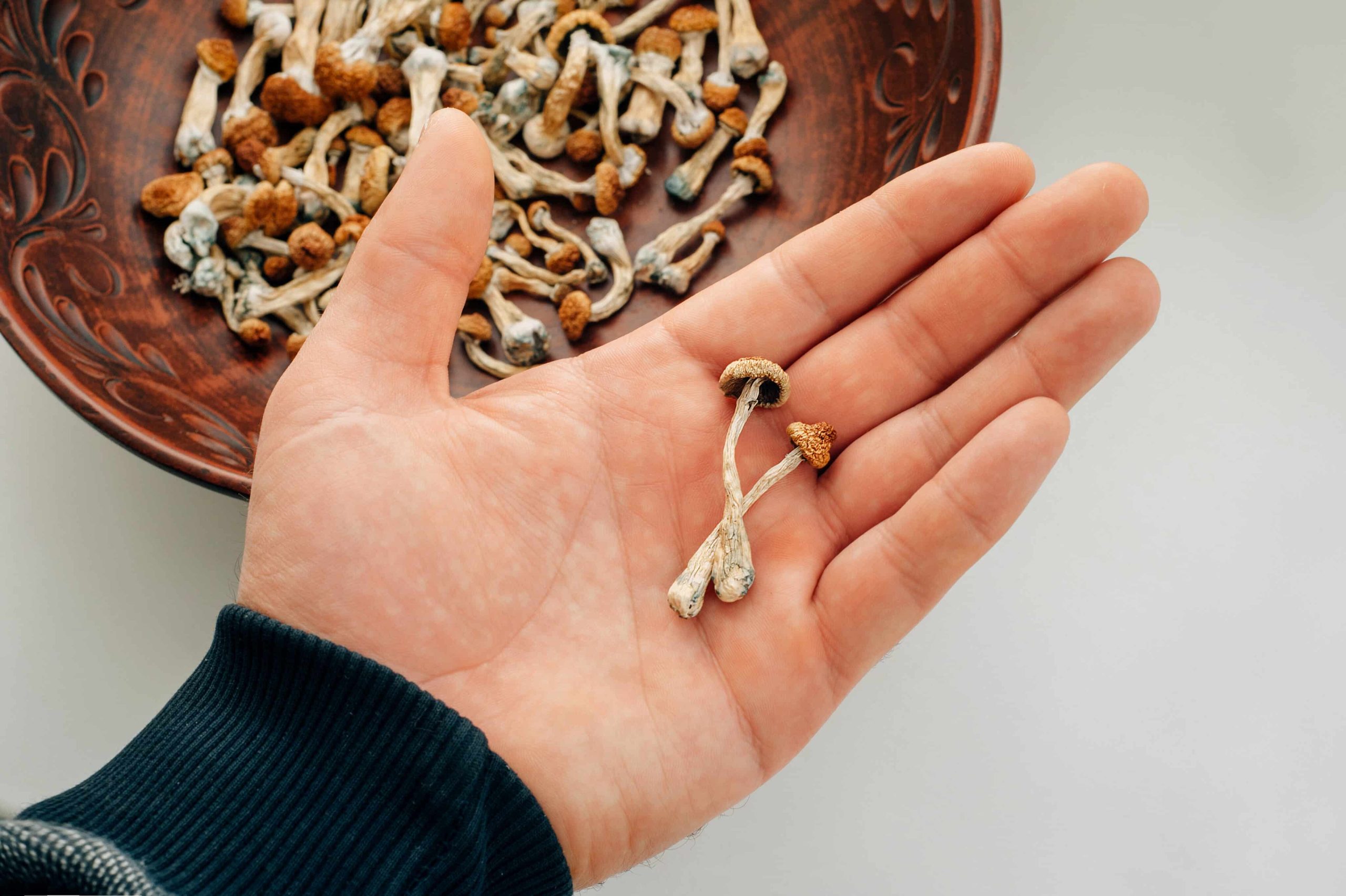Land Down Under made a historic move over the weekend, but some pundits are cautious about exactly how this big shift will fully unfold.
Australia has become the first country in the world to approve the use of psilocybin and MDMA through a doctor’s prescription to treat psychiatric disorders such as post-traumatic stress disorder (PTSD) and depression. Both agents were approved for therapeutic use starting Saturday, July 1, following regulatory approval of this future treatment option earlier this year.
Australia makes psychedelic history
Australia’s drug regulator, Therapeutic Goods Administration (TGA), approved the move in February, suggesting the change was not made lightly. Rather, it was decided after an almost three-year decision-making process that included extensive consultation with many experts on the subject. MDMA, also known as ecstasy or molly, has been approved to treat PTSD, and psilocybin, a psychoactive substance found in psychedelic mushrooms, has been approved to treat treatment-resistant depression.
Both drugs are down-scheduled from Australia’s strictest category of Donation of “Prohibited Substances”, Schedule 9, to Schedule 8, or Controlled Substances, but only for medical use in psychedelic-assisted psychotherapy.
Cities and states in the United States are similarly phasing out restrictions on psychedelics to usher in a new era of treatment, but Australia is the first country in the world to reduce the schedule for the use of psilocybin and MDMA in clinical practice. The country will now allow the use of these substances as part of a treatment session under the guidance of a qualified and licensed physician.
Growing Evidence for Potential Psychedelic Treatments
Psychedelic drugs such as psilocybin and MDMA have long been criminalized, but research is opening the door to potentially game-changing alternatives to mental health treatments, especially for conditions that cannot be treated by conventional means. rice field.
Among countless other studies on the subject, a 2022 study, including the largest randomized, controlled, double-blind study of psilocybin to date, found “substantial” improvements in treatment-resistant depression in participants. was shown. The study involved two doses of psilocybin, 1 mg and 25 mg, and subjects receiving 25 mg with psychological support experienced “a highly statistically significant reduction in symptoms of depression after 3 weeks.” It has been found.
Similarly, in the ongoing psychedelic renaissance, researchers have been examining MDMA as a potential treatment for PTSD. The results of a clinical trial earlier this year indicated that “the development of MDMA-assisted therapies could represent a new breakthrough therapy for treating PTSD patients, a population that suffers for years. ,” said Chief Amy Emerson. Executive officer of MAPS, a public interest corporation that conducted the survey.
These studies are just two of many in the growing field of psychedelic medicine, but much more is needed to fully understand the potential of drugs such as MDMA and psilocybin. And some Australian experts have expressed concern about the recent move.
Concerns and expectations for the future of mental health
First, they are psychedelics, so you risk having a bad trip when you use them. Susan Rossell is a psychiatrist at Swinburne University of Technology, Melbourne, where she is working on Australia’s only active clinical trial testing psilocybin-assisted psychotherapy for treatment-resistant depression. Rossell noted that one gap in research that has yet to be filled is in determining which types of patients are best suited for treatment.
“It’s not for everyone. We need to figure out who the people who are going to have a bad experience are, not endorse it,” Rossell said. NatureHe added that he was concerned that if the drug was administered improperly, the treatment could lead to a bad trip and patients end up with even more psychological problems than they initially had.
More broadly, as cannabis, which has also been criminalized and is currently undergoing major reforms, it is clear that change around psychedelic medicine is happening much more rapidly than before. Outside Australia, some leaders and experts similarly question whether things are moving too fast.
Some have pointed to the Australian move as a major milestone for adjunctive psychedelic therapy. Peyton Nyquist, co-founder and CEO of Numinus, a psychedelic-focused mental health care company, praised regulators for taking bold action.
“TGA’s approval of the specific controlled use of MDMA and psilocybin is a welcome step forward not only for Australia but for the mental health sector as a whole,” Nykvest wrote in an email. forbes. “This decision will impact millions of people enduring treatment-resistant mental health conditions and pave the way for profound changes in their lives. Our industry to help the world heal. We look forward to seeing progress on a global scale as a result of our overall mission.”





